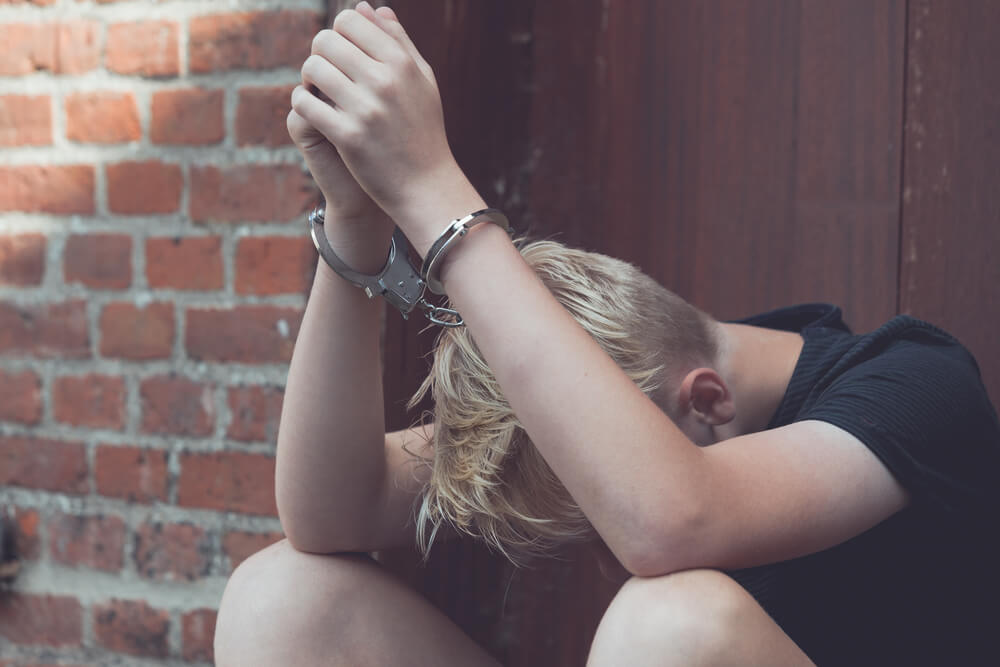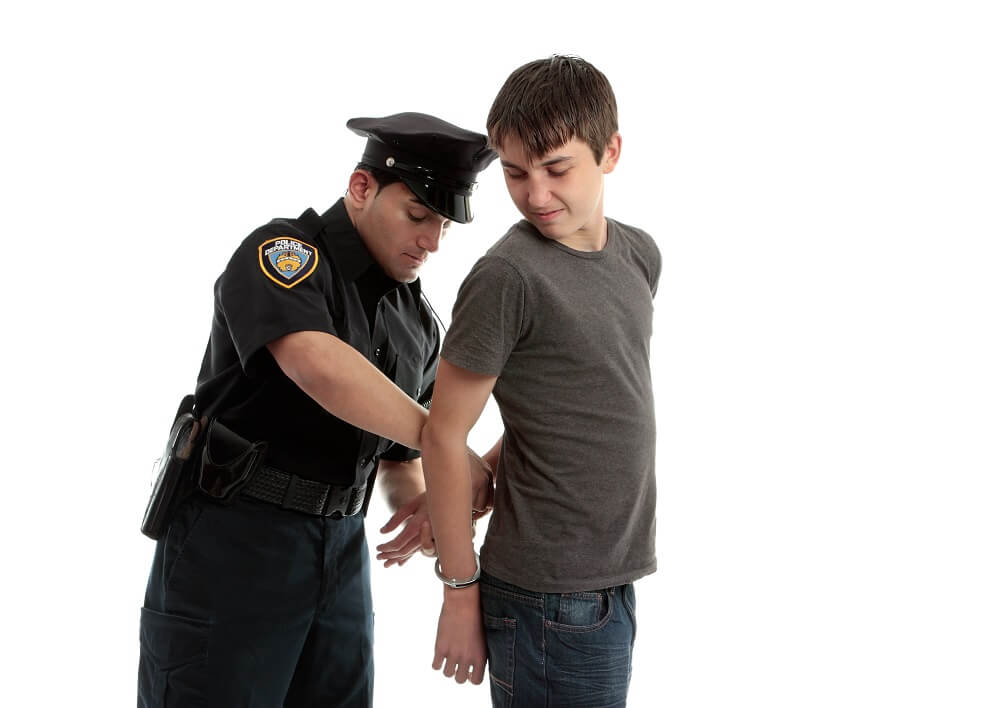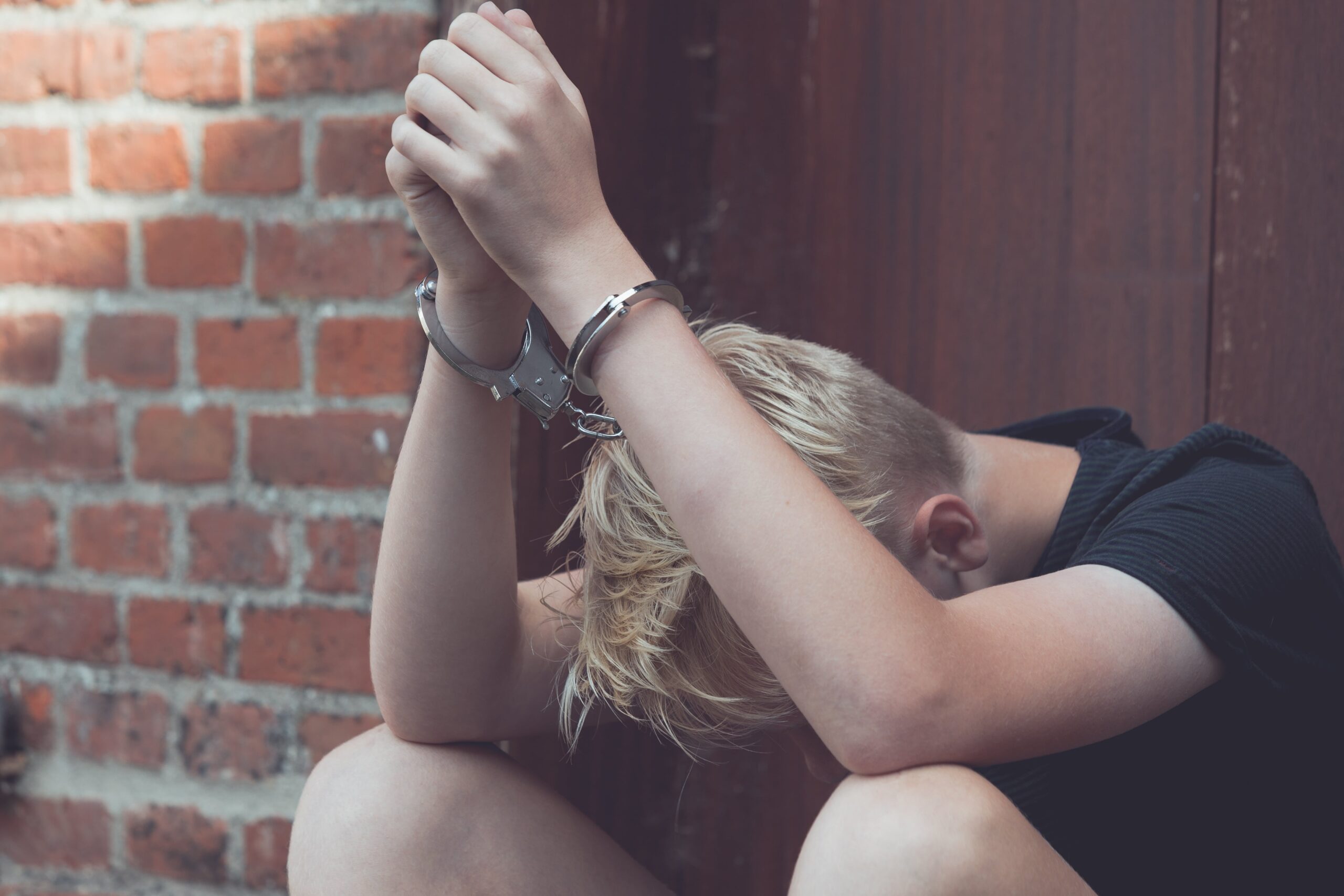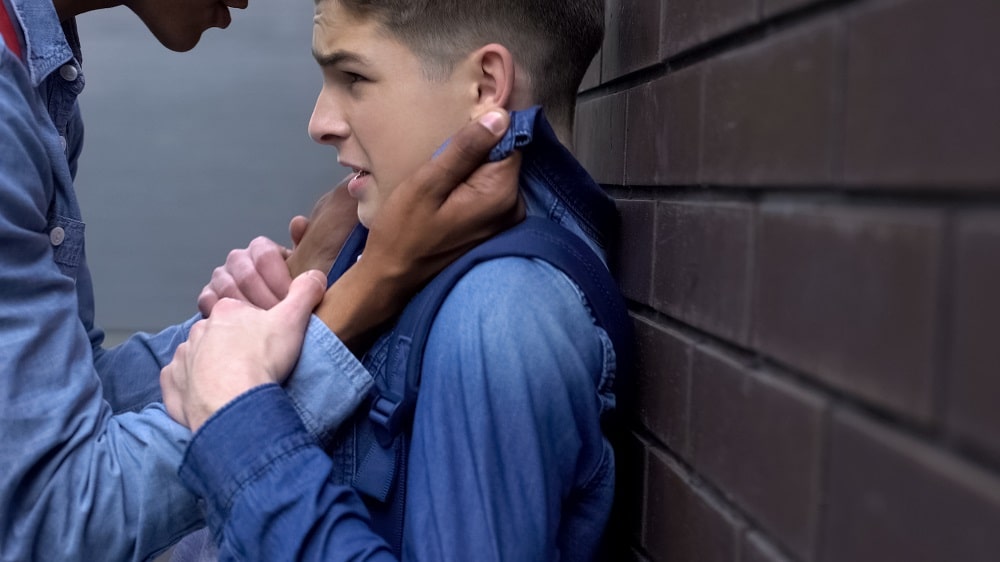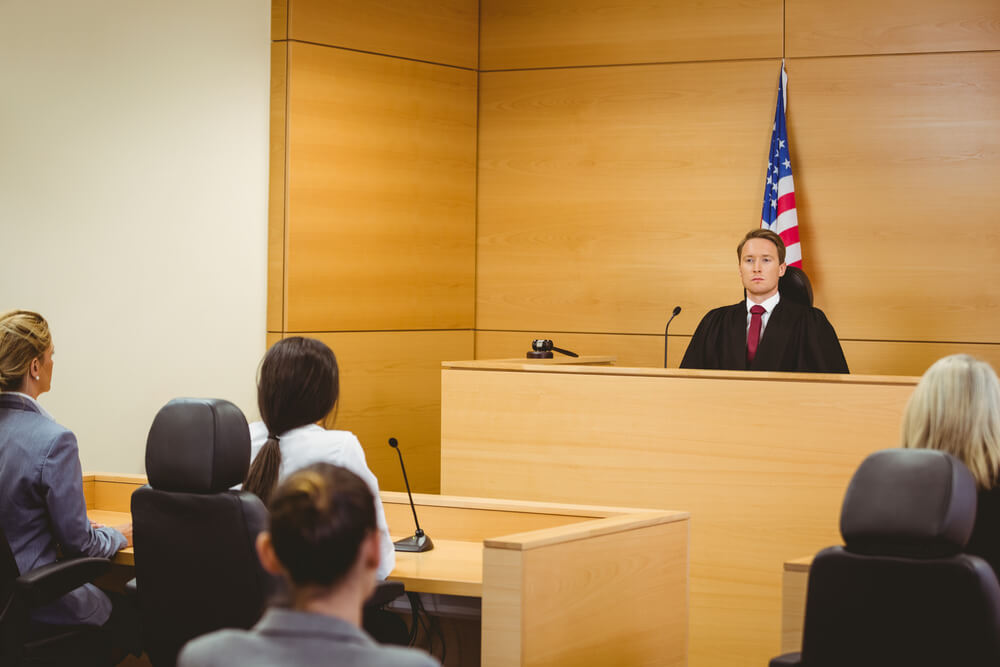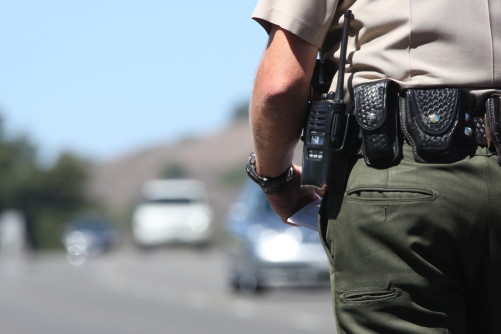Category: Juvenile Crimes
In certain cases, New Jersey officials may try a juvenile as an adult. In cases involving juveniles 15 or older, the prosecutor can file a motion to move the case to adult court. The judge will decide whether to grant the motion. This is a pivotal decision, as…
Any parent would be worried to learn that their underage child had been charged with a crime. In addition to immediate concerns about penalties, including possible detention, a conviction can have serious long-term consequences for a young person’s life. A parent who hears from police that their child…
When we work with the parents of young people facing criminal charges in NJ, most often the parents’ primary concern is whether their child might go to jail. We are happy that we can assure them in most cases that New Jersey juvenile courts focus on helping wayward…
A juvenile who has for the first time committed a minor crime in New Jersey may be offered a second chance through a “deferred disposition” handed down by the juvenile court. This is a type of probation that, if successfully completed, wipes the slate clean for the young…
The outcome of a criminal proceeding involving a child can vary drastically depending on whether the individual is tried as a juvenile or as an adult. The New Jersey juvenile and adult court systems both handle cases involving serious offenses. But there are notable differences between the two…
When a person is arrested, the police are supposed to read them their rights as a person facing criminal allegations. This reading, sometimes known as a Miranda warning or a reading of the Miranda rights, is a basic part of most arrests and is required in many cases….
With a multitude of internet resources and books available regarding how the law works, many people believe that they are capable of handling their own defense if charged with a crime. However, even minor criminal convictions can have significantly greater effects than a person may first realize. Additionally,…
The basic process of a criminal case begins with a defendant being arrested and charged with committing a crime. The government is responsible for proving that there is irrefutable reason to believe that the defendant committed the crime. The following process then takes place: Bail hearing – The…
